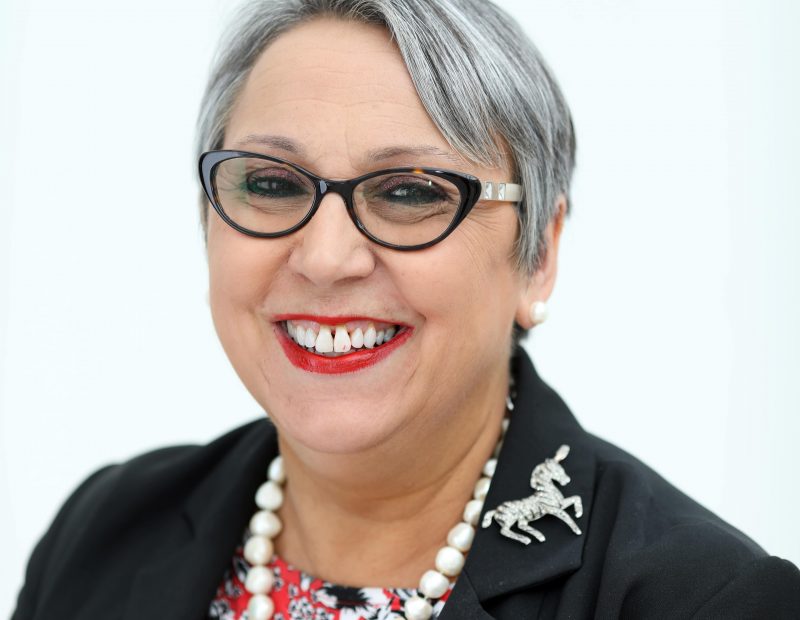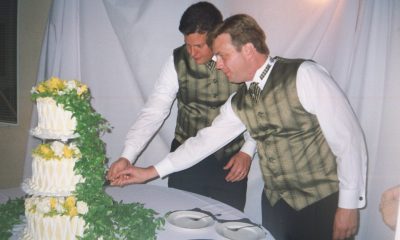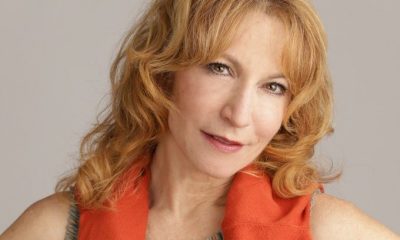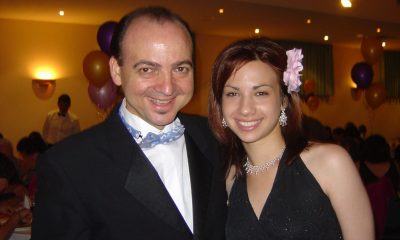By Cynthia Spillman
The day that totally tore my life to shreds started out like any other day. It was November 20, 1987, and I was taking my five-year-old son Anthony and my seven-year-old daughter Samantha to school.
The children were laughing in the back of the car. I slowed down to turn right at a junction when, suddenly, there was a huge explosion and the car careered out of control. It spun around and ended up against a lamppost. I heard Anthony give a loud moan. I looked around and I could see flames shooting through his belly. I realised that he was dead.
Sam was screaming and my hair, eyebrows and clothes were on fire. She had suffered third-degree, disfiguring burns to her head, face, neck and hand. I was dragged away from the scene into a neighbouring house. The truck driver appeared in court six months later, and he was fined only £150. We have never heard from him over the many years since that dreadful day.
I had two choices, either I tried to go on for Sam’s sake, or I committed suicide. She needed me desperately so I chose the former. I began studying part-time for two UK A levels in 1988. Despite the helI I was going through, I passed my A levels and in October 1989, I enrolled to study Law at Cambridge University. In 1991, I left my first husband, taking his huge debts with me. It was extremely hard as a single parent coping with my life, without any support. I was diagnosed with Post Traumatic Stress Disorder in 1989. I struggled with crippling anxiety and depression and had to seek professional help. I had one new friend in particular who gave me hope because she’d lost her five-year-old daughter three years previously and had successfully rebuilt her life. I clung to her desperately. She was a beacon of light in the darkness. We are still close friends today.
Over the next 10 years, Sam had to undergo over 15 more major operations having skin grafts to her face, taken from her entire body. It felt like an endless night. It’s bad enough having to bury your child but to also have to watch your surviving child endure so much agony, made me feel at times like I was going to fall off a cliff. But the dubious “gift” of having no choice, forced me on in my worst moments, of which there were plenty.
I had a second brief and catastrophic marriage in 1997, moving to London the following year. I met my third husband Peter in 2002. He had lost his first daughter just three hours after birth. We married in 2007 and he is the love of my life. We are gloriously happy together. He taught me how to trust in life again and to dare to find joy — real challenges after you have lost a child.
Sam is now 43 and is a senior university lecturer, married to a doctor. I have a beautiful eight-year-old granddaughter. I have been published multiple times and am currently writing my third book. I know what it is not to be able to feed my children. Today, life could not be more different. I have two beautiful homes — one in the UK and one on the seafront in Nice.
I have overcome multiple addictions. I support other bereaved parents and it is my dearest wish to empower them and to give them hope, as I was. In helping others, I have managed to turn a hugely tragic life event into a positive which helps me make some sense of the misery I have suffered.
For me, studying was a life raft in a sea of misery. I think it is vital that the bereaved find some project they can really get their teeth into – when they feel ready. Anthony would have been 40 last October, and that hurt. I still dislike the Fall, because his birthday and the anniversary of his death are only three weeks apart. But I have a blessed life, and I have made peace and have accepted what happened to me and my children. I know contentment — unthinkable in the early years after our accident. You never get over the loss of your child, but you do learn to live with it. I have tried to live the life that Anthony would have had. We humans are programmed to survive. If ever proof were needed that tragedy need never have the last word, then my story is it.
My Top Tips
- Seek emotional and practical support. Asking for help is a sign of strength and not weakness. Never be too proud to ask for it. I found that the experiences of other bereaved parents gave me hope.
- Set boundaries. Grief is a journey and there is no hierarchy in suffering. It takes a long time to even begin to heal. Go at your own pace and avoid comparing yourself to anybody else.
- Try to find a project that you can become passionate about. Having a purpose will get you out of bed when you would rather not bother.
- If you feel that you are sinking into deep depression, consult your doctor. Taking medication in some cases may be necessary. There is no need to feel guilty about that. Ask for a referral to a bereavement counsellor.
- Take every day as it comes. Sometimes you may need to take it five minutes at a time, an hour at a time.
- Hold on to the fact that when you are at the bottom of the pit, the only way is up. You WILL feel better one day. Be gentle with yourself and never overload yourself with expectations. Accept that your partner may grieve at a different pace and that grief can be divisive as well as a force that can bring you closer together.
For more information about Cynthia, you can check out her website.
Support us by driving awareness!
Subscribe to our YouTube channel at YouTube.com/GrapGrief.
Follow us on Facebook at Facebook.com/GrapGrief and on Instagram at Instagram.com/GrapGrief.







